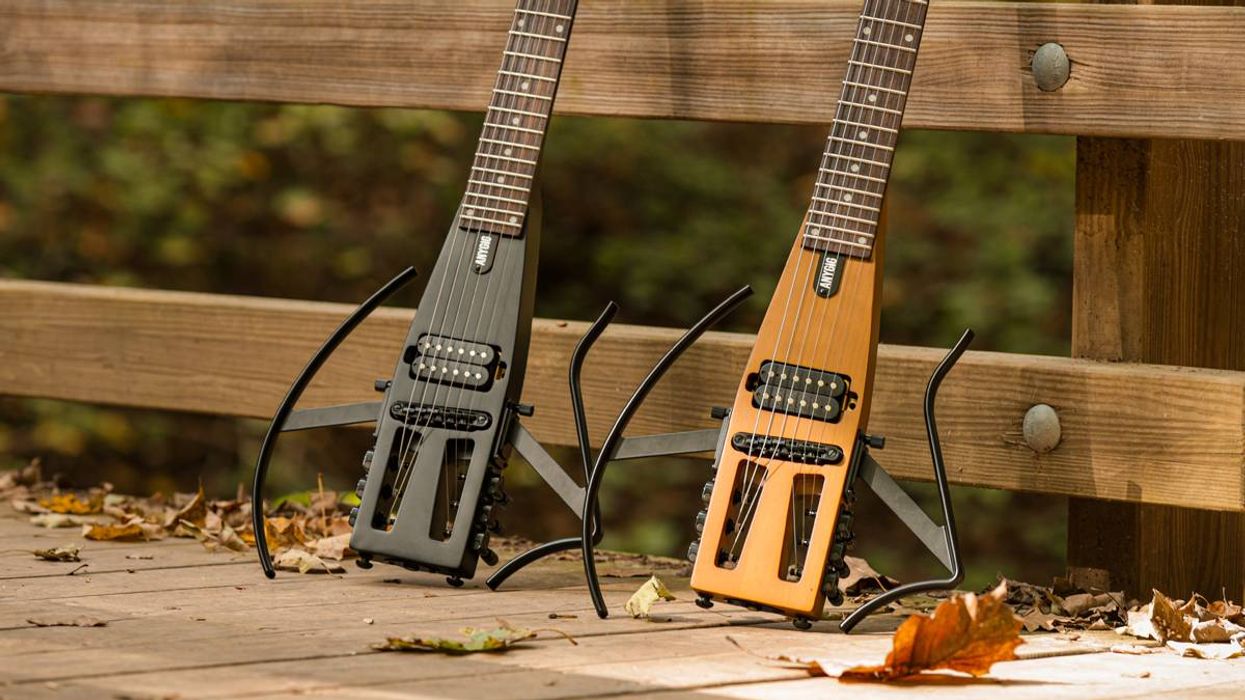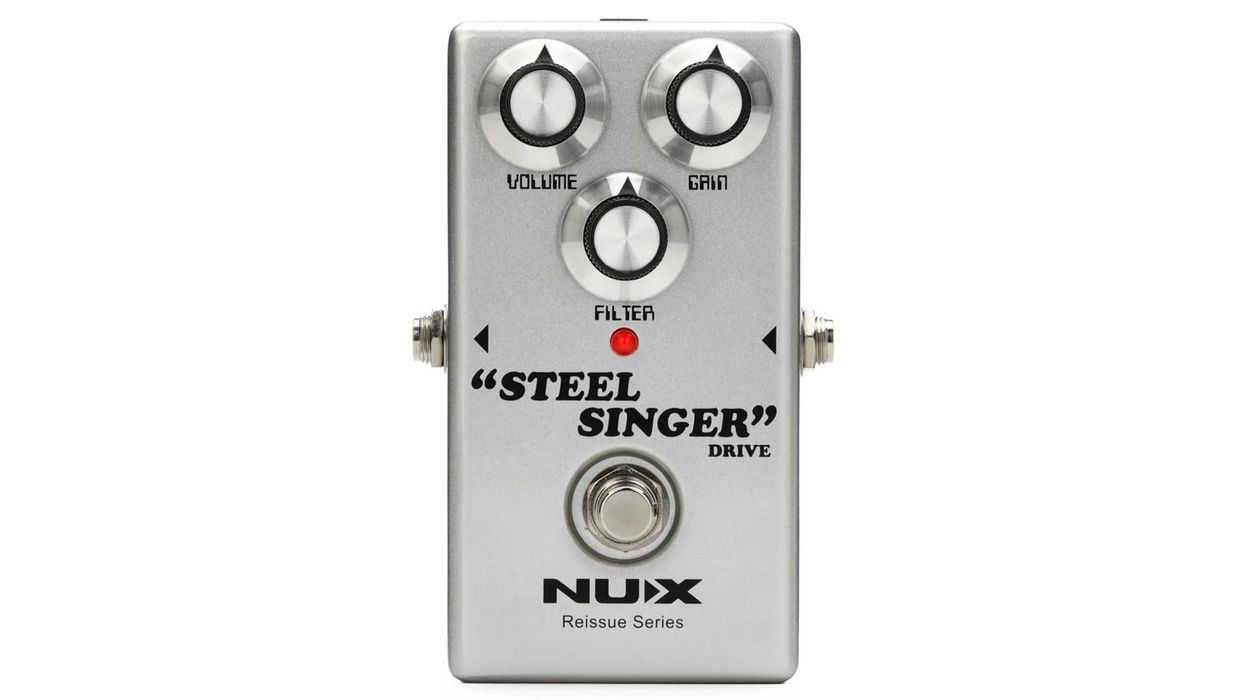Which guitarists are worthy of an artist-signature model? Rhett and Zach are on the case.
First off, let’s be thankful for this episode of Dipped In Tone. Rhett survived a close brush with a tornado while on the road in Arkansas, and returns to the pod to analyze all things signature guitars with Zach, who continues his dogged campaign to own a ridiculous number of Tube Screamers. (They didn’t plan their near-matching shirts.)
The conversation-starter is the new Jason Isbell “Red Eye,” a $21,999 collector’s version of the 1959 Gibson Les Paul that famously belonged to Ed King of Lynyrd Skynyrd. When King passed away in 2018, the story goes that Isbell wanted the guitar, but couldn’t afford it. Zach and Rhett explain how he accrued the capital to snag the axe, and the details behind the new artist edition.
But who gets signature guitars, anyway? Some iconic players, like John Frusciante—so easily identified with his Strats—still don’t have their own model. Is he being snubbed, or choosing to keep his name off a mass-produced guitar? Maybe some guitarists feel signatures are too corporate—which could also explain why Jack White has, so far, not lent his name to a model. (Though pedals are a different story.) And what about massively popular YouTube guitar stars and influencers—have they earned the right to be in the running for a signature 6-string?
Later, Zach and Rhett dig into the economics of siggys—how much do their namesakes actually earn from the sale of their personal brand?—and debate Slash’s bombshell move from Marshall to Magnatone.
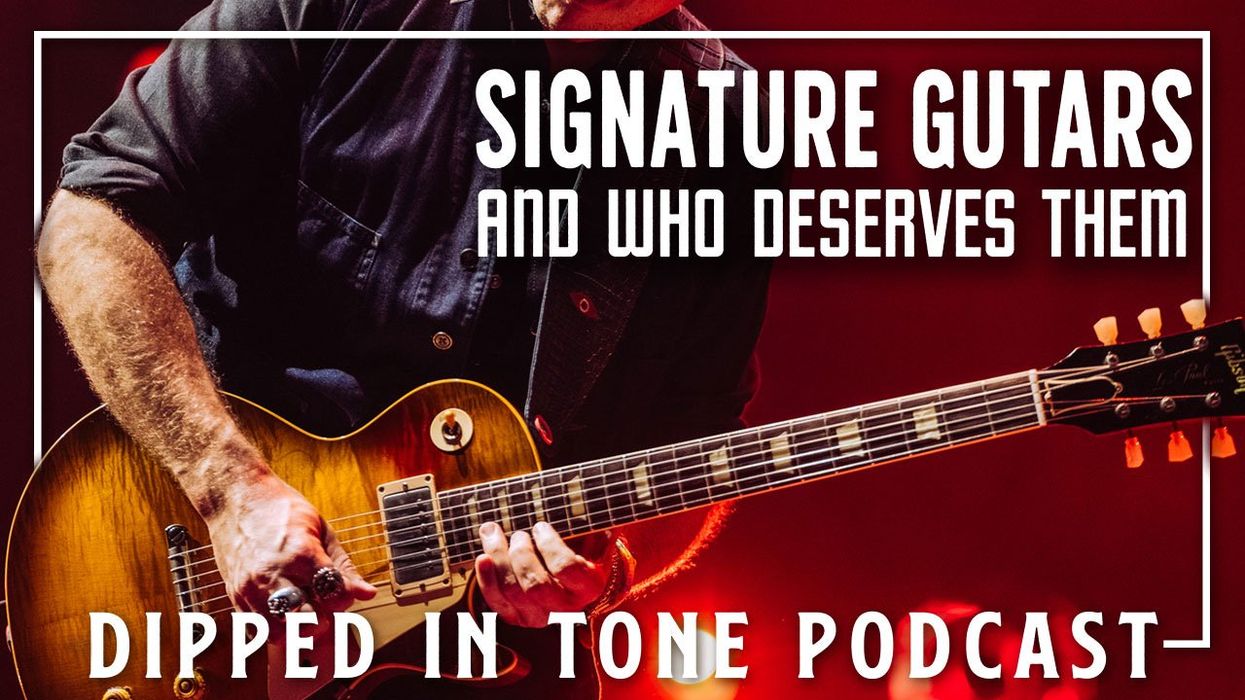
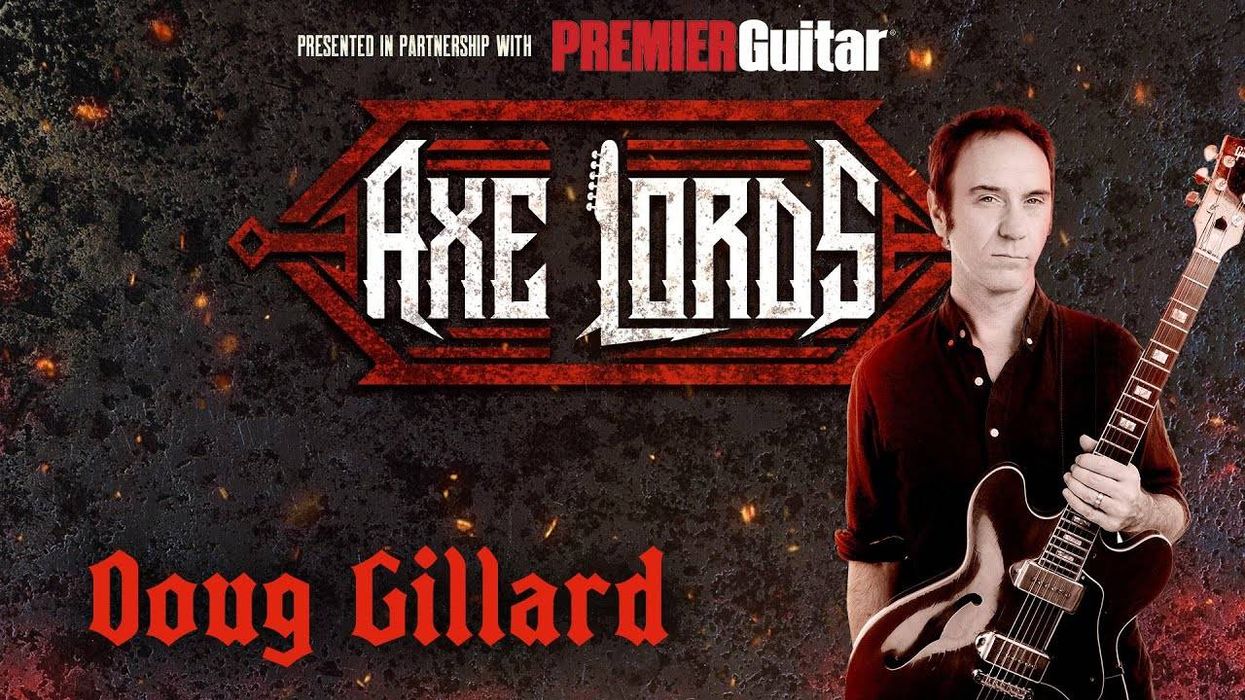
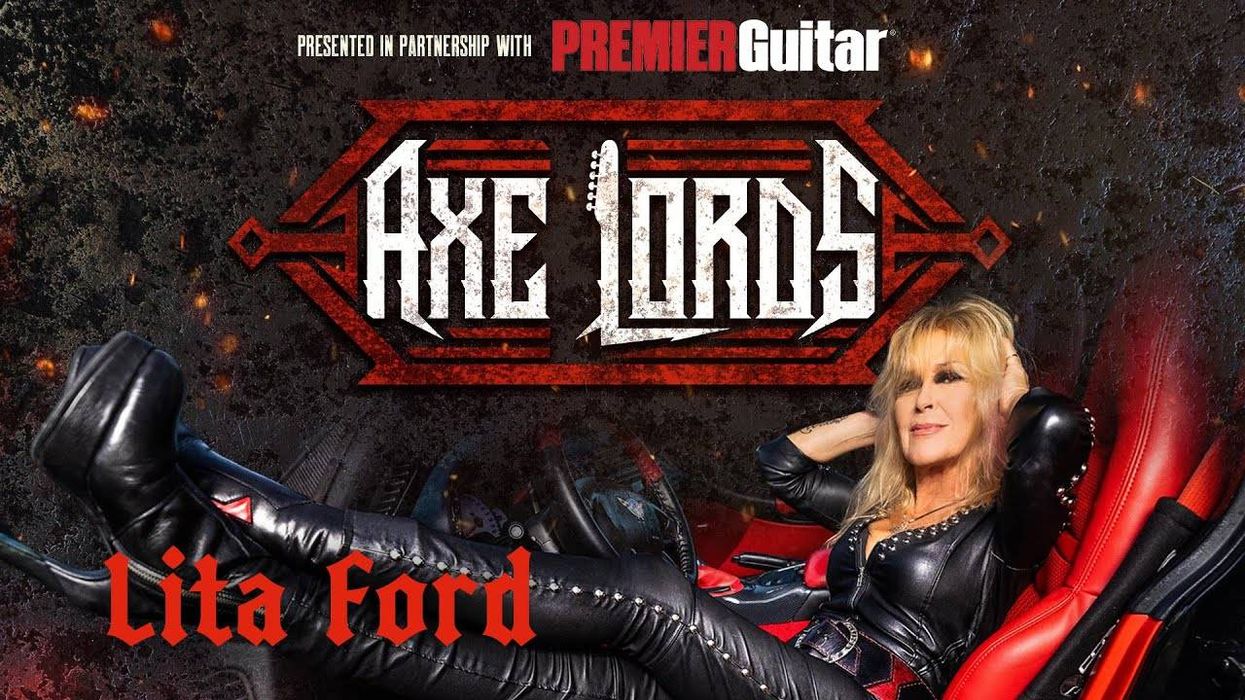

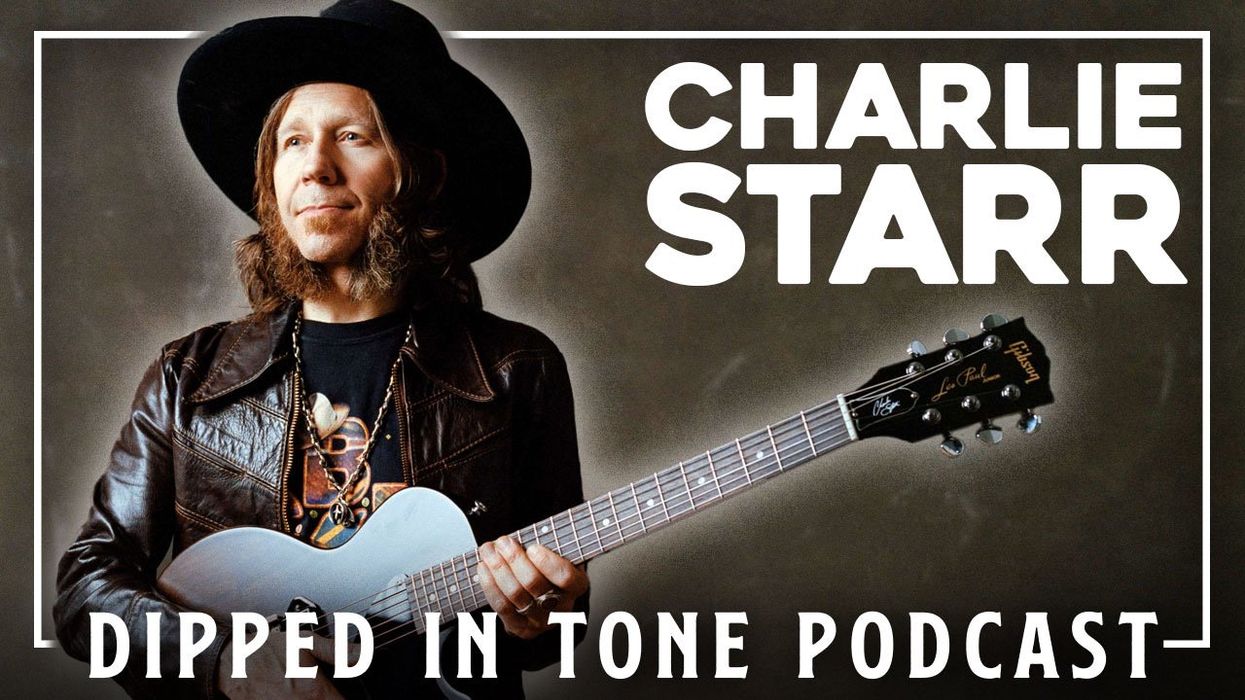


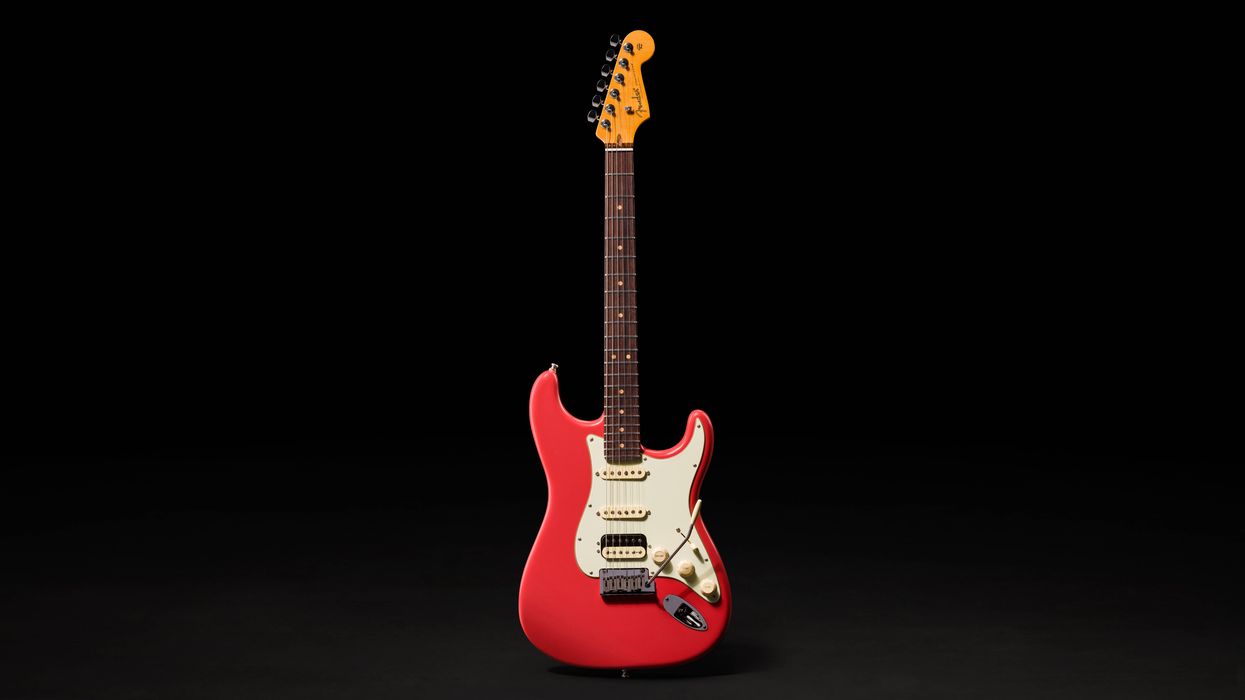
![Rig Rundown: AFI [2025]](https://www.premierguitar.com/media-library/youtube.jpg?id=62064741&width=1245&height=700&quality=70&coordinates=0%2C0%2C0%2C0)

